The adrenal glands, despite their small size, hold a significant role in our body's overall function. They are the unsung heroes of our endocrine system, producing hormones that regulate various bodily functions.
One of their key responsibilities is the production of cortisol, a hormone that helps our body respond to stress, maintain blood pressure and blood sugar levels, and regulate metabolism. Cortisol deficiency, also known as adrenal insufficiency or hypocortisolism, occurs when the adrenal glands do not produce enough cortisol, a vital hormone that helps regulate various bodily functions. Cortisol plays a key role in managing stress, maintaining blood sugar levels, reducing inflammation, and regulating metabolism.
In this article, we’ll explore the role of cortisol and cortisol deficiencies.
How Do I Know If I Have Low Cortisol Levels?
Low cortisol levels, often referred to as cortisol deficiency, is a condition where the adrenal glands fail to secrete enough of the steroid hormone cortisol. This hormone plays a crucial role in various bodily functions, including the body's response to stress and maintaining blood sugar levels. You may experience a number of unpleasant symptoms if your cortisol levels are too high or too low.
When there's a problem in the secretion of cortisol, it disrupts the body's negative feedback mechanism. This can lead to a variety of health issues, as the body struggles to maintain balance without the right amount of this essential hormone.
Symptoms of cortisol deficiency may include:
- Fatigue and weakness
- Weight loss and decreased appetite
- Low blood pressure, which can lead to dizziness or fainting
- Muscle and joint pain
- Low blood sugar levels (hypoglycemia)
- Darkening of the skin (in Addison's disease)
- Nausea, vomiting, and diarrhea
A dangerously low cortisol level, often referred to as cortisol deficiency or adrenal insufficiency, is a serious medical condition that requires immediate attention. This condition is typically due to a problem in the hypothalamus, anterior pituitary gland, or the adrenal glands, also known as Addison's disease.
Causes of Low Cortisol Levels
Low cortisol levels, also known as cortisol deficiency, can be attributed to a variety of factors. One primary cause is adrenal insufficiency, a condition where the adrenal glands fail to secrete the steroid hormone in adequate amounts. This can be due to a problem within the glands themselves or a malfunction in the pituitary gland, which regulates cortisol production.
The anterior pituitary gland, located in the brain, sends signals to the adrenal glands to secrete cortisol. If this gland is not functioning properly, it can lead to a low level of cortisol in the blood. This is often a result of a negative feedback loop, where the body produces too much or too little cortisol, causing the pituitary gland to adjust the secretion of cortisol accordingly.
Recognising the symptoms of low cortisol levels is crucial for early detection and effective management. This section will delve into the various signs that may indicate a deficiency in this vital hormone. Whether it's chronic fatigue, muscle weakness, or a significant drop in blood pressure, understanding these symptoms can be the first step towards regaining balance in your body.
Low Cortisol Symptoms
Low cortisol levels, or cortisol deficiency, can have a profound impact on women's health and wellbeing. This hormonal imbalance can manifest in a variety of symptoms that can disrupt daily life. For instance, women may experience interrupted sleep patterns, a decrease in libido, and the sudden onset of new allergies.
Other symptoms can include a constant feeling of coldness and unexplained weight gain. These symptoms are often due to a problem with the secretion of cortisol, a crucial steroid hormone. It's essential to recognise these signs early to manage the condition effectively and maintain a healthy cortisol level.
Low cortisol levels can manifest differently in men. The symptoms are not always straightforward and can often be mistaken for other health issues. Men may experience a loss of muscle mass, joint aches, and a feeling of jitteriness or high-strung anxiety. They may also feel a sense of malaise or "running out of steam" early in the day.
These symptoms are due to a problem in the hypothalamus, anterior pituitary gland, or the adrenal glands. The secretion of this steroid hormone is crucial for maintaining blood sugar and blood pressure levels. Therefore, a deficiency can lead to low blood sugar and blood pressure, further exacerbating the symptoms. It's essential to recognise these signs early to manage the condition effectively.
Diagnosis and Tests for Low Cortisol Levels
Diagnosing low cortisol levels often begins with blood tests. These tests are designed to measure the levels of sodium, potassium, and cortisol in your body. A low sodium level, high potassium level, or low cortisol level could indicate a cortisol deficiency, often associated with conditions like adrenal insufficiency or Addison's disease.
The blood tests may also check for a low level of the hormone aldosterone, a high level of adrenocorticotrophic hormone (ACTH), a low level of glucose, and the presence of adrenal antibodies. These antibodies are designed to attack the adrenal gland and their presence could be a sign of an autoimmune condition causing the low cortisol levels.
The thyroid function test is a crucial part of diagnosing low cortisol levels. This test is conducted to examine the efficiency of your thyroid gland, which is located in your neck and is responsible for producing hormones that regulate your body's growth and metabolism.
Treatment and Management of Low Cortisol Levels
Sentro Labs offers a supplement called Equilibrium that may help support healthy cortisol levels. Equilibrium is specifically formulated as a stress relief complex, designed to support the body's response to everyday stress. One of its key ingredients, Ashwagandha, is known for its ability to help maintain healthy cortisol levels, which can be beneficial for those experiencing cortisol deficiency.
Equilibrium also includes other ingredients like Magnesium Bisglycinate, Lemon Balm, and L-Theanine, which work together to promote a calm, relaxed state, reduce anxiety, and improve overall well-being
Final Thoughts on Low Cortisol Levels
Understanding low cortisol levels is crucial for maintaining optimal health. The adrenal gland plays a significant role in regulating cortisol levels, which in turn affects blood pressure, blood sugar, and overall body function. Recognising the symptoms of low cortisol levels, such as muscle weakness and low blood pressure, can lead to early diagnosis and effective management.
If you are worried about cortisol levels, it’s time to regain control with Sentro Labs' Equilibrium. Our powerful blend, featuring Ashwagandha and Magnesium, is designed to help men manage stress and support healthy cortisol levels. Whether you're juggling work, family, or fitness goals, Equilibrium can help you stay calm, focused, and ready to take on anything life throws your way.
Ready to find your balance? Click here to try Equilibrium today and start living life on your terms!





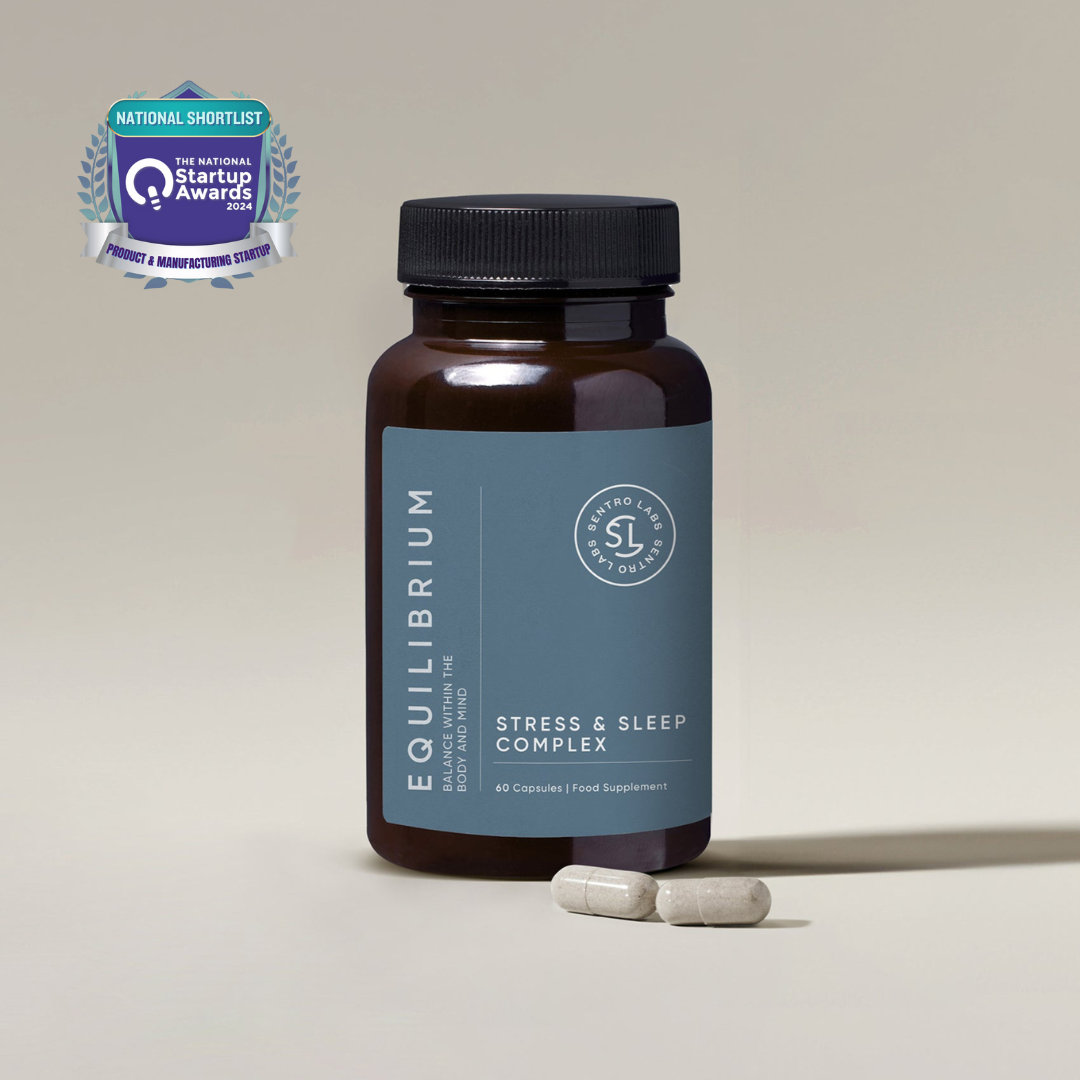


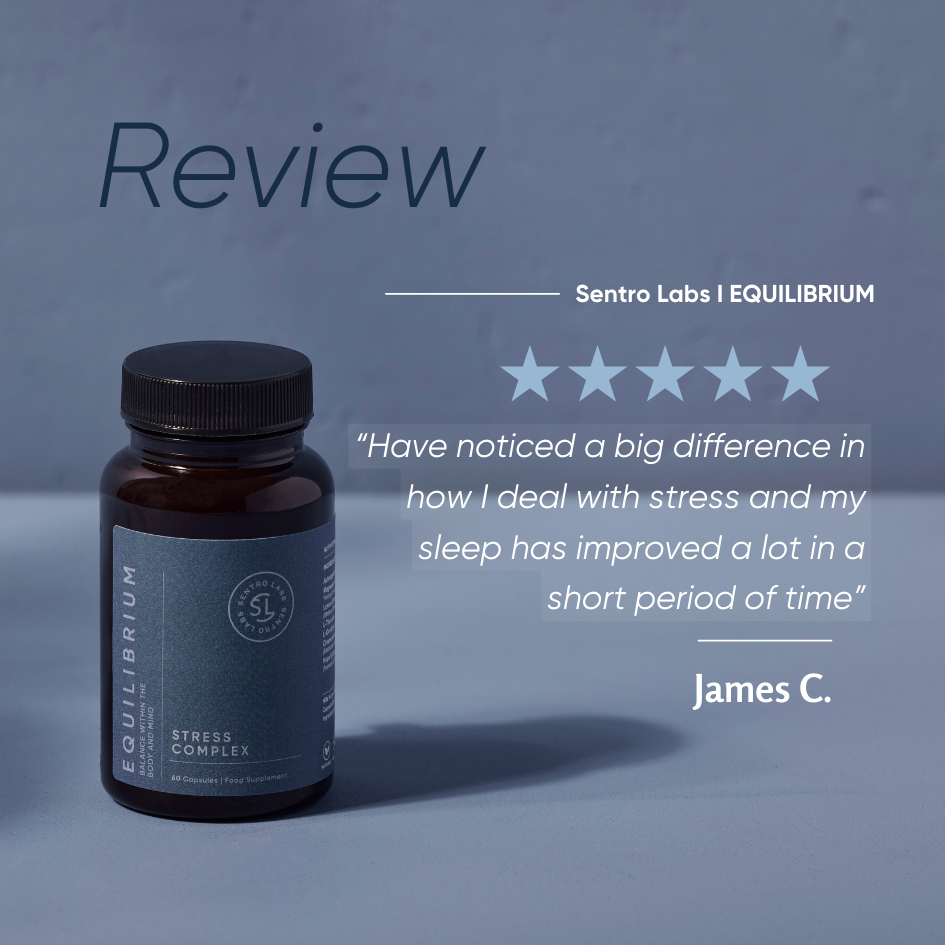
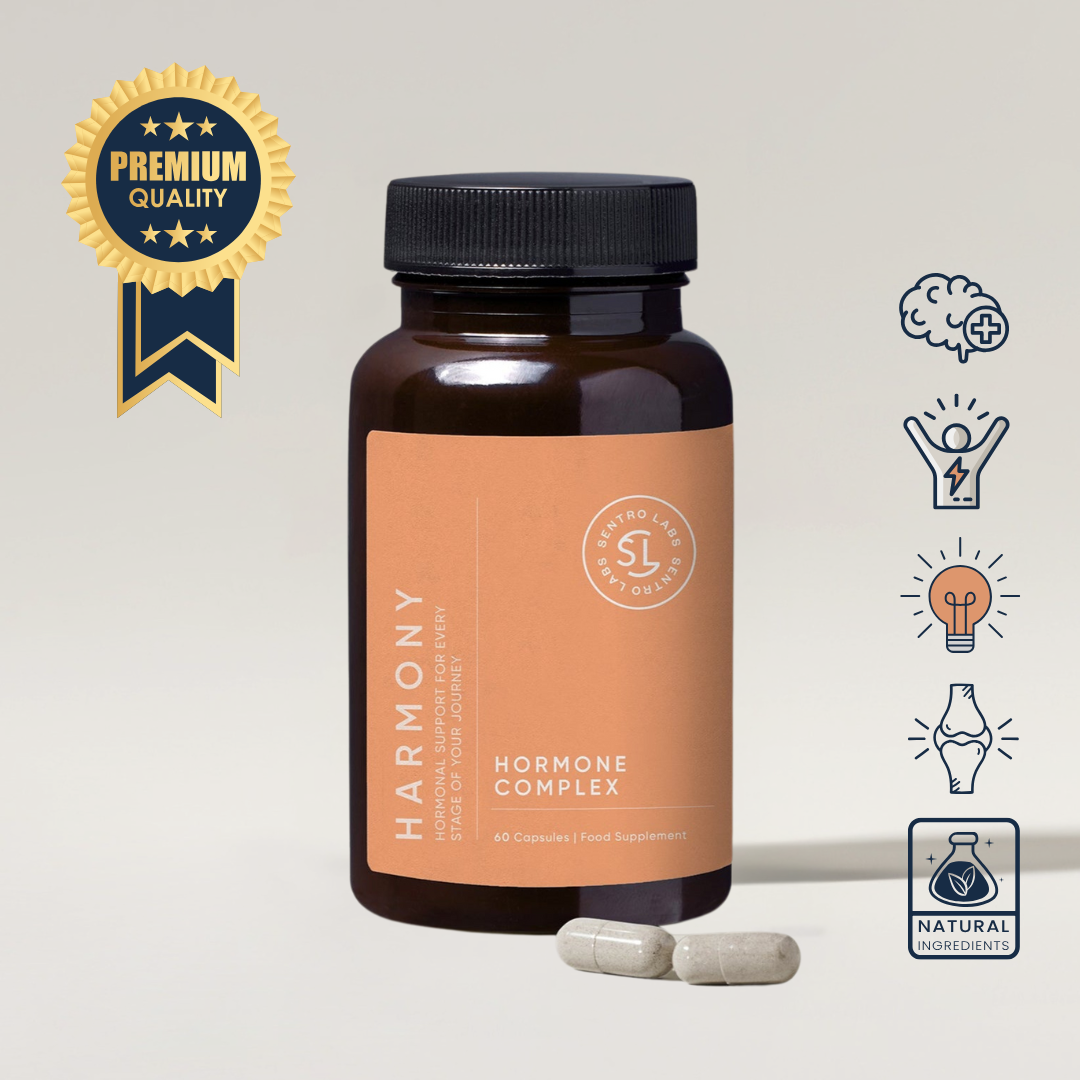
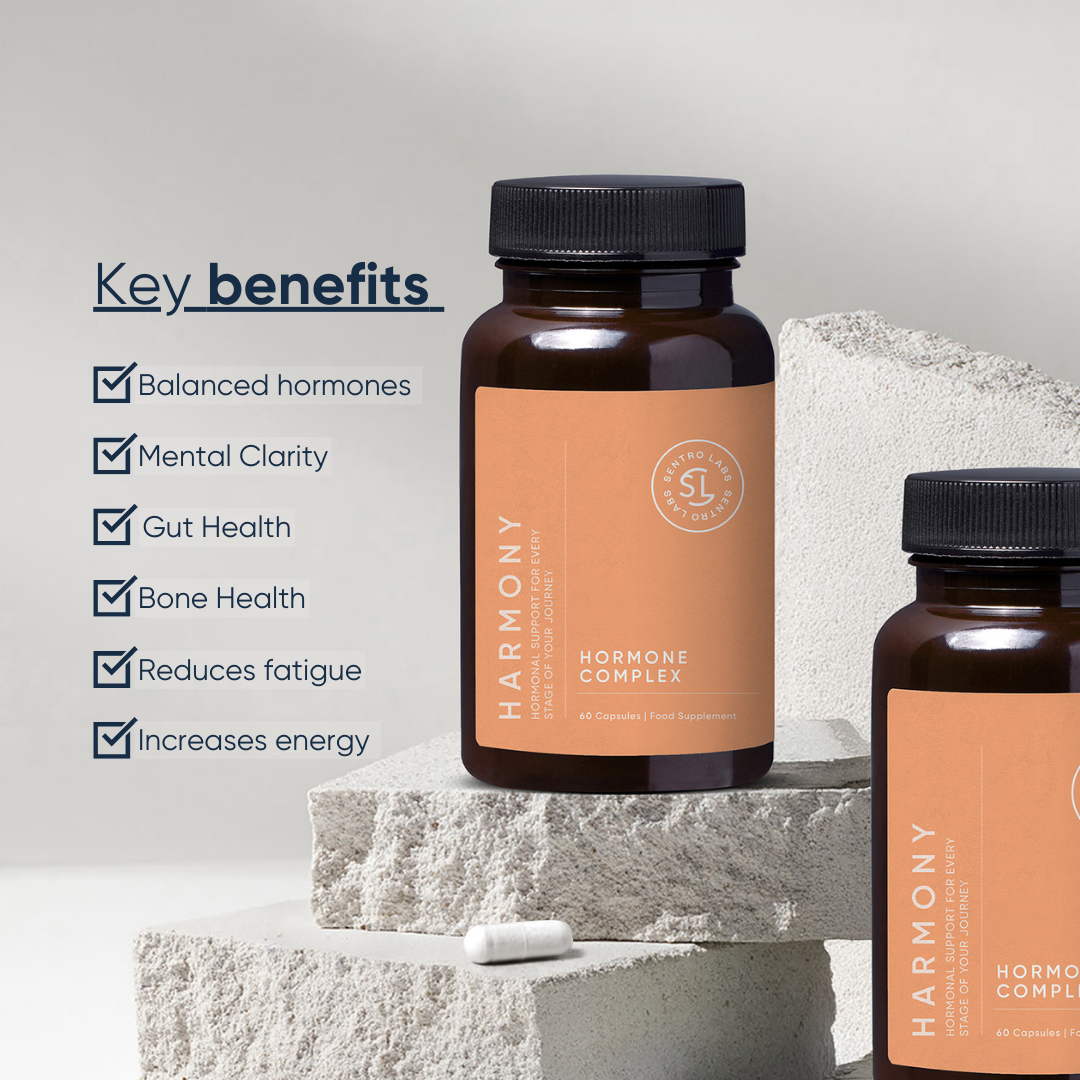

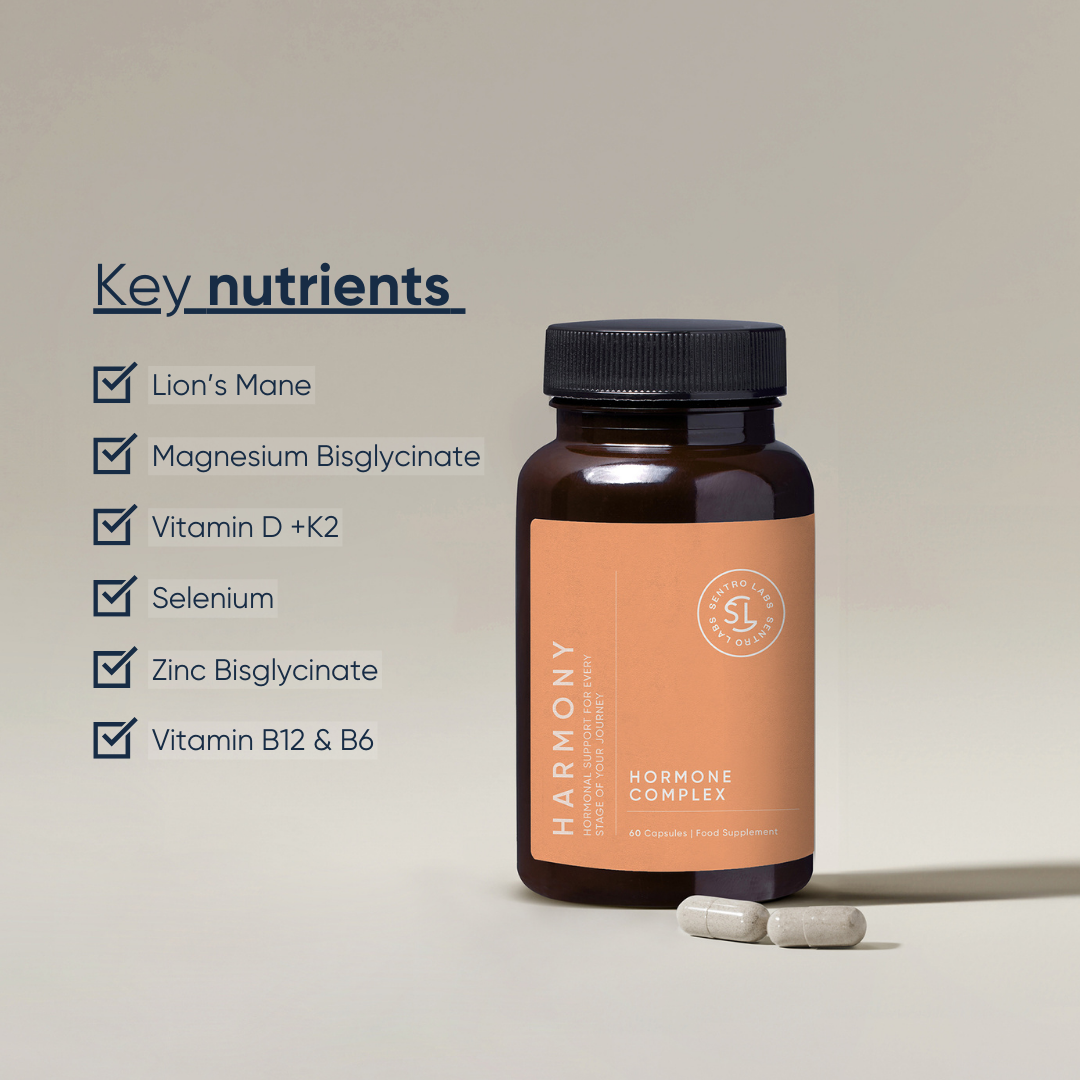
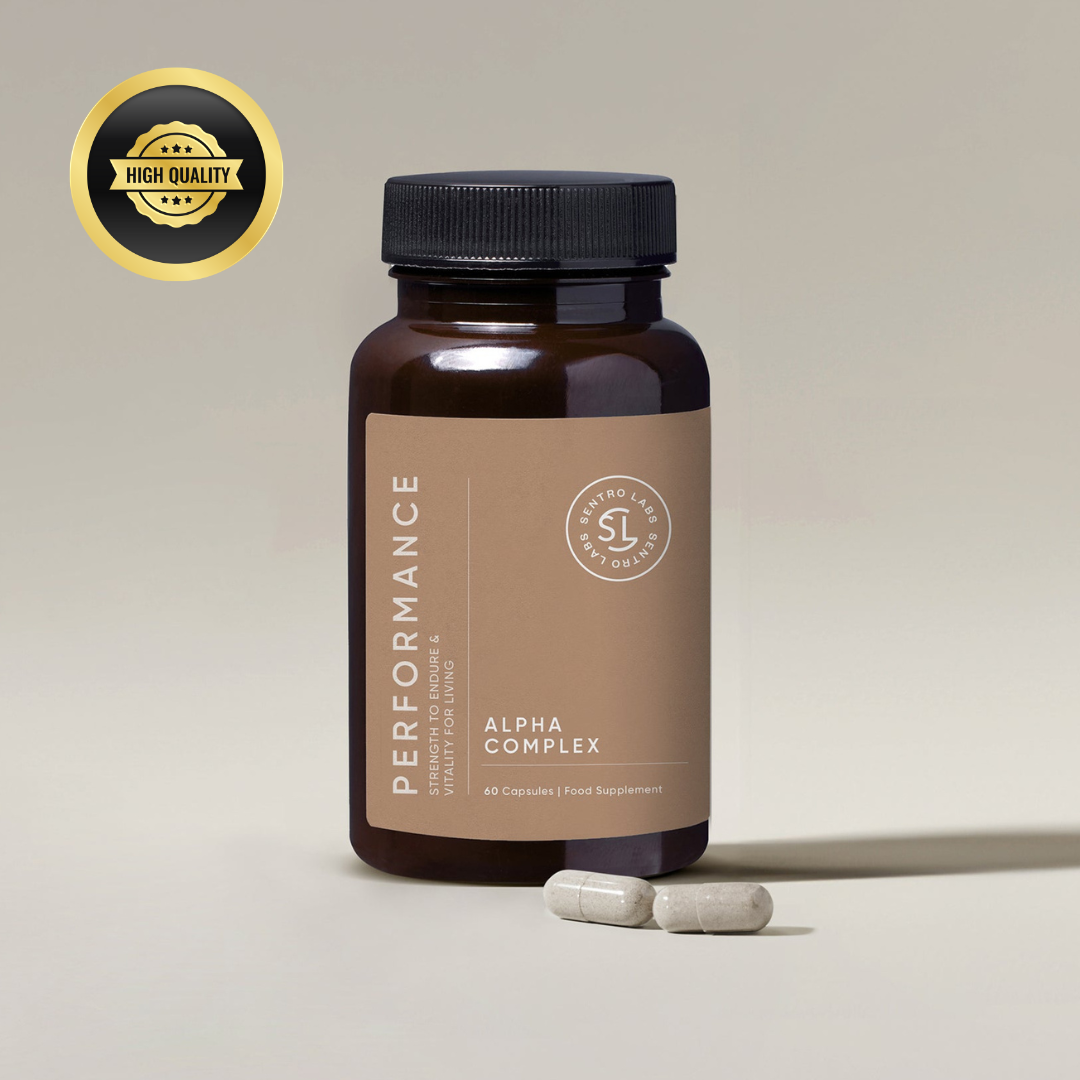
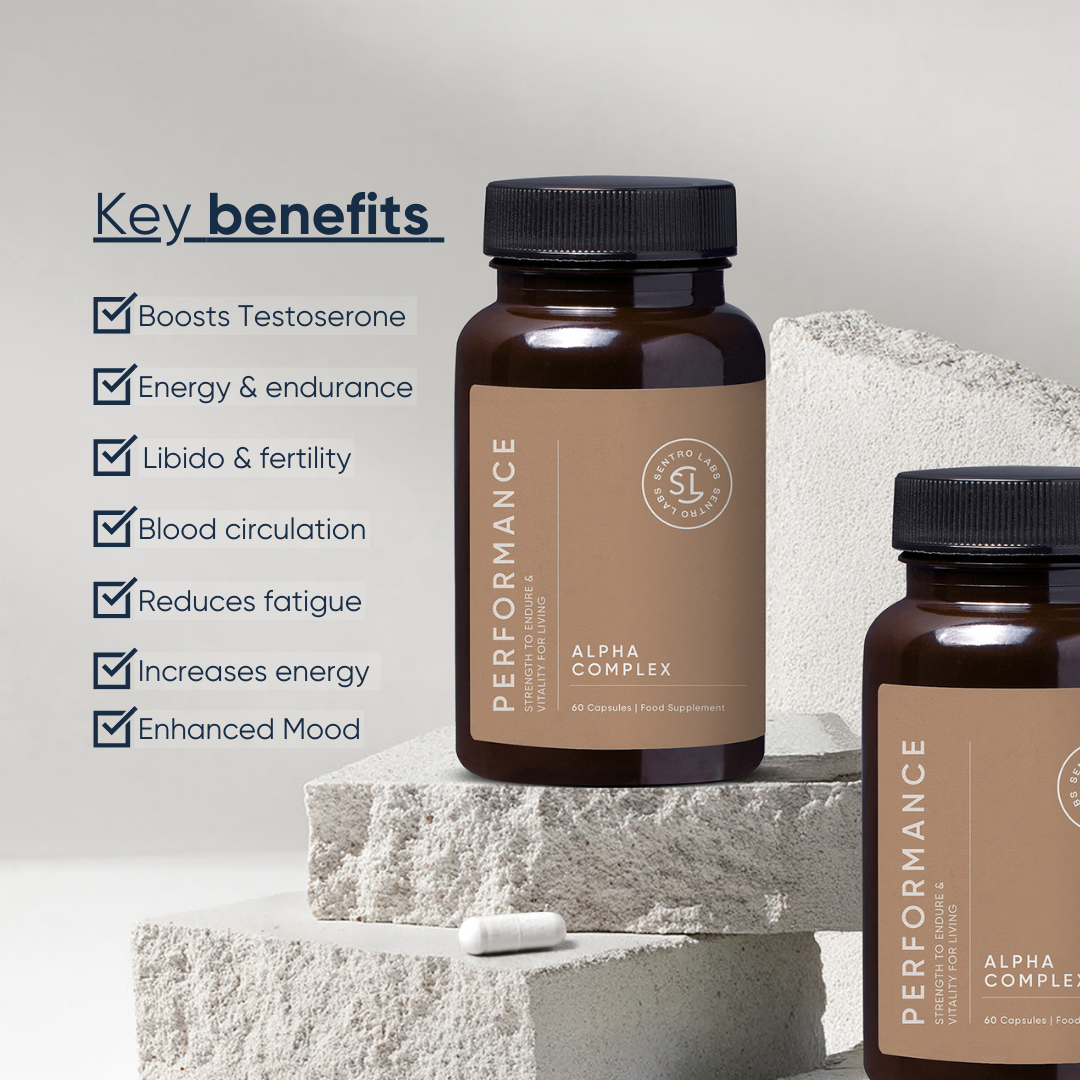
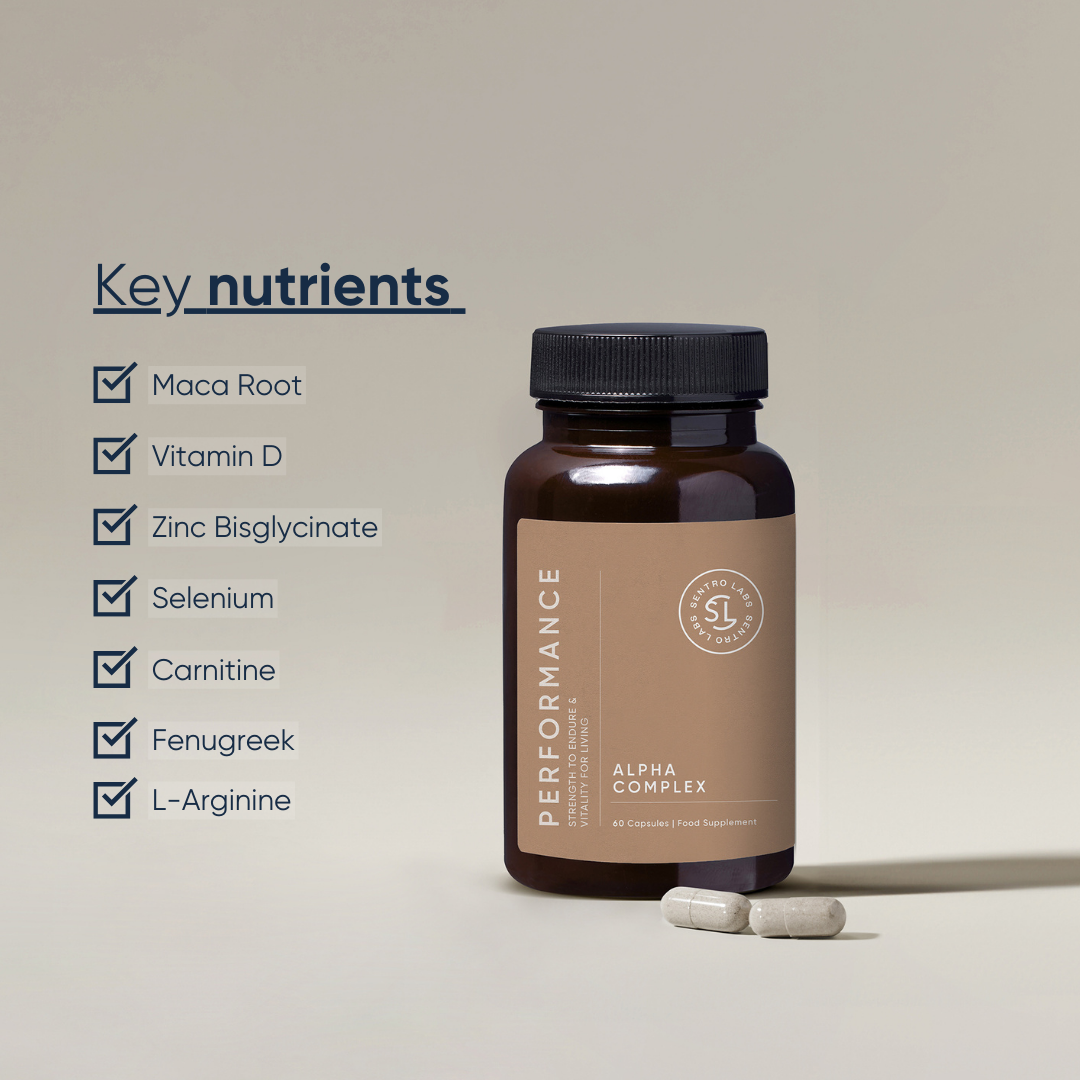
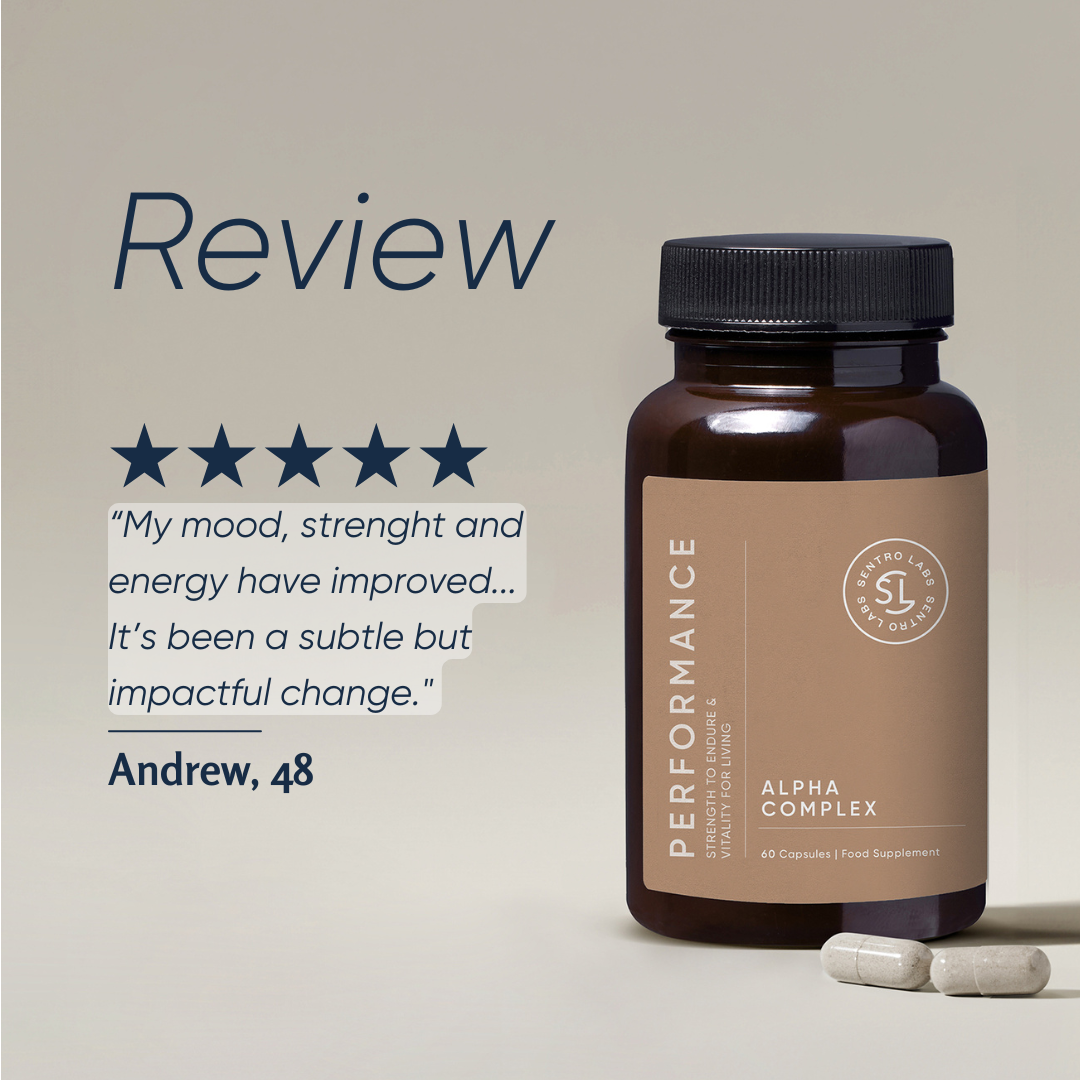

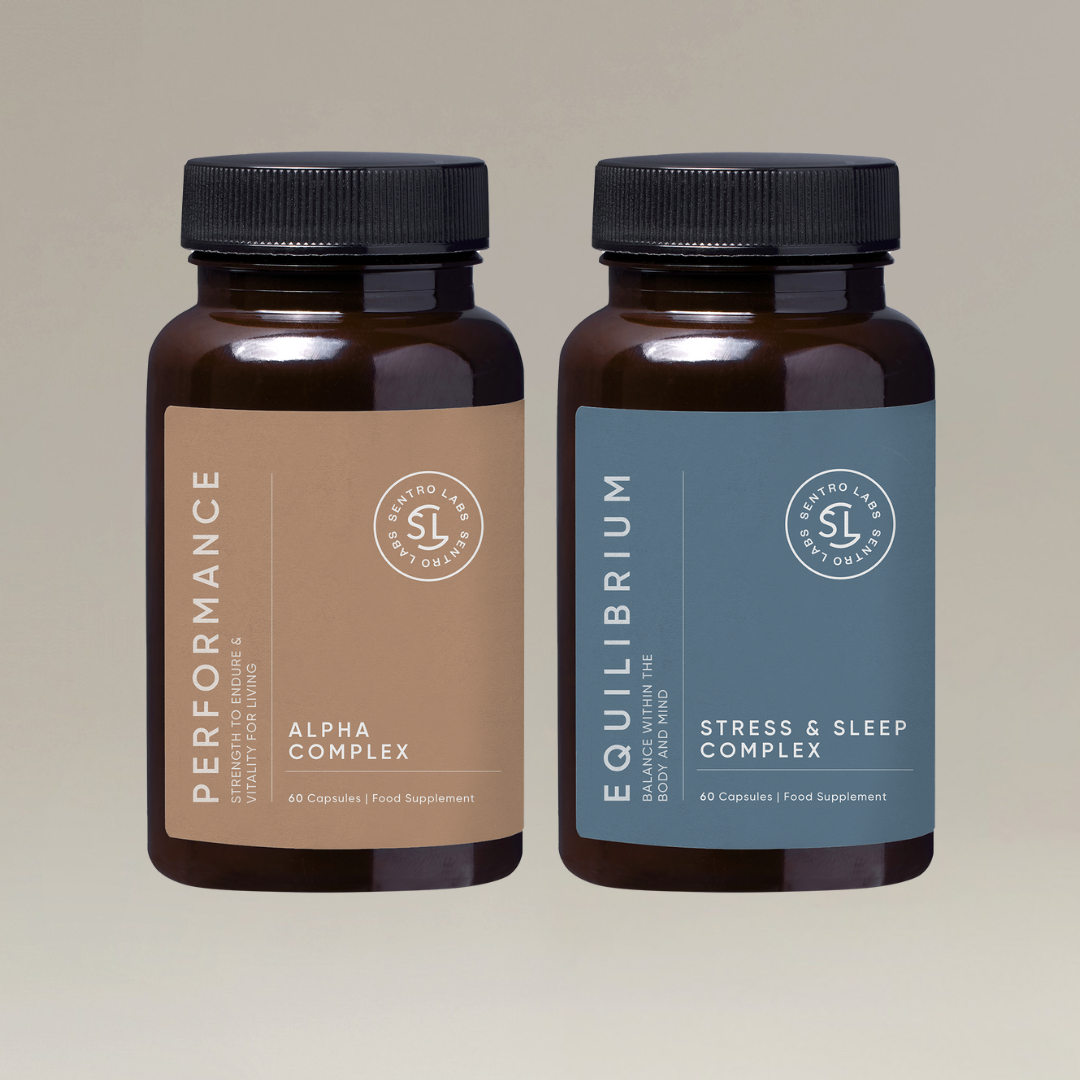
Share:
How to Manage Cortisol Level Symptoms for Better Health | Sentro Labs
Boost Testosterone & Performance: Ashwagandha Benefits for Men's Health